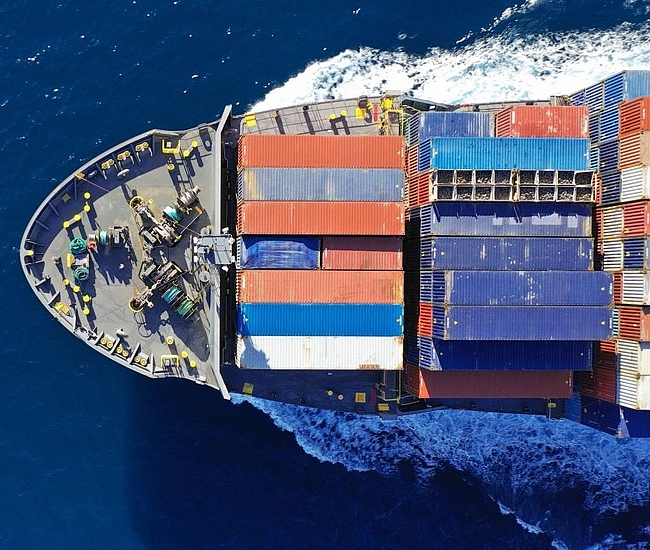Freight forwarding plays a crucial role in global trade, facilitating the movement of goods across borders. However, understanding the true costs involved in freight forwarding can be a complex task. In this comprehensive guide, we will delve into the various factors that contribute to the cost of freight forwarding, providing you with valuable insights and practical knowledge.
- Understanding Freight Forwarding:
Freight forwarding is a service that involves the coordination and management of the transportation of goods from one location to another. It encompasses a wide range of activities, including documentation, customs clearance, transportation, and logistics. To accurately determine the cost of freight forwarding, it is essential to consider the following key factors: - Mode of Transportation:
The choice of transportation mode significantly impacts the cost of freight forwarding. Whether it's by air, sea, road, or rail, each mode has its own set of costs associated with it. Factors such as distance, speed, cargo volume, and accessibility play a crucial role in determining the most cost-effective mode of transportation. - Freight Charges:
Freight charges are a major component of the overall cost. These charges include the actual transportation cost, which is influenced by factors like distance, weight, volume, and the type of goods being transported. Additionally, fuel surcharges, handling fees, and insurance costs may also be included in the freight charges. - Customs Duties and Taxes:
When goods cross international borders, customs duties and taxes come into play. These charges vary from country to country and are based on factors such as the nature of the goods, their value, and the applicable trade agreements. Understanding and accounting for these costs is crucial to avoid any surprises and ensure smooth customs clearance. - Documentation and Compliance:
Freight forwarding involves a significant amount of paperwork and compliance requirements. Documentation costs, such as bill of lading, commercial invoices, and certificates of origin, should be considered. Additionally, compliance with regulations and standards set by authorities and organizations may also incur costs. - Ancillary Services:
Freight forwarding often involves additional services that contribute to the overall cost. These services may include warehousing, packaging, labeling, and cargo insurance. Depending on the specific requirements of your shipment, these ancillary services can significantly impact the total cost.
Conclusion:
Determining the cost of freight forwarding involves a comprehensive analysis of various factors, including transportation mode, freight charges, customs duties, documentation, and ancillary services. By understanding these components and their interplay, you can make informed decisions and optimize your freight forwarding costs. Remember, working with experienced and reliable freight forwarders can help navigate the complexities and ensure a smooth and cost-effective shipping process.


